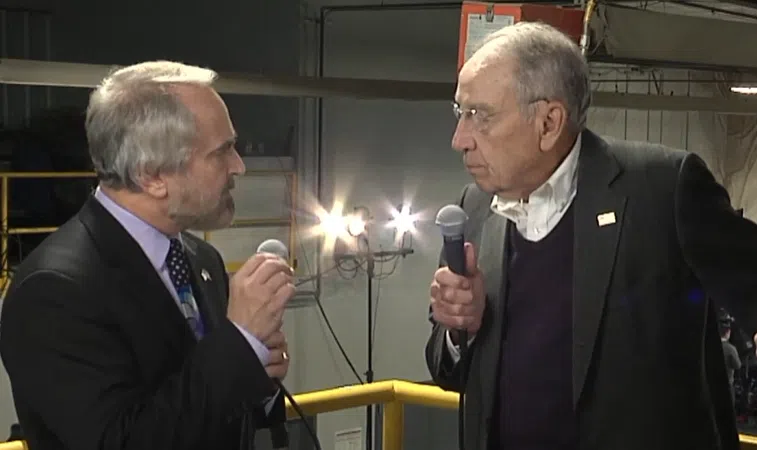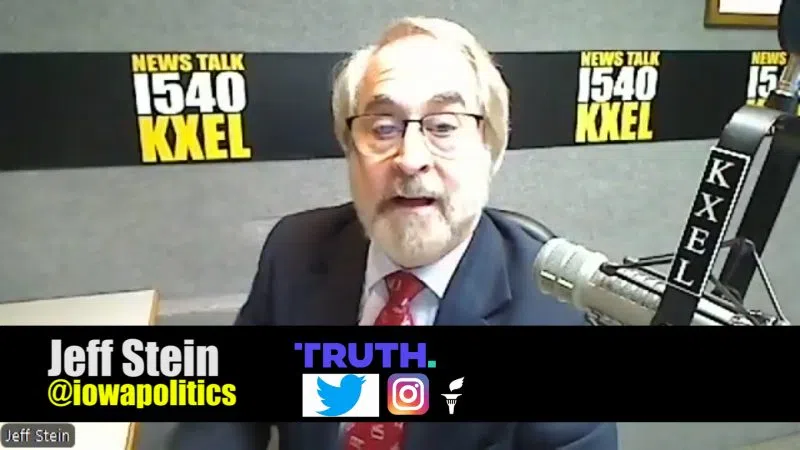Last week, I attended the National Association of Farm Broadcasting annual convention in Kansas City. With so many broadcasters from all over the country, the convention was a hotbed of topics that were both regional and national in nature. One organization that would not pass up the opportunity to engage with this group of farm broadcasters was the U.S. Environmental Protection Agency (EPA).
Now, before you roll your eyes or decide that what you will read will be a lot of fluff or double-talk; know that we asked some very straightforward questions and talked about what programs are out there for farmers and ranchers. We know that sometimes the EPA is seen as the boogeyman in agriculture, and that is why it was high time to sit down and talk about things with Venus Welch-White, Acting Director of the EPA Office of Agriculture and Rural Affairs (OARA).
One of the topics we get to hear about a lot regarding the EPA is over endangered species. We know that there are some plants and animals that are vulnerable to the change happening to their habitat. Many farmers and ranchers are sympathetic to that but also wonder if the agency is too broad in its limiting of what we can and can’t do, by using the Endangered Species Act. Look no further than what we can use for crop protection products.
Acting Director Welch-White started out by explaining that the EPA knows that farmers need to have tools in their toolbox to protect crops. She says the goal they have is to follow science as well as do their job. However, Welch-White says that the courts have taken a lot of power away from the agency and that the EPA needs to be in the driver’s seat and not the courts.
Where this gets gray is the fact that the courts have been used to stop the EPA from wholesale blocking of the tools that farmers have been counting on. For example, we know that the Dicamba issue has long been a problem in the courts and it is just one of many.
So, the question is, how do we move forward? How do we protect what needs to be protected without taking “the science” away from the farmers who rely on it? Welch-White talks about some of the methods they are using to propose a clearer understanding of what needs to happen to protect vulnerable life forms, all while making sure that farmers can do their job.
Before we continue this conversation tomorrow, let me give you some more information.
Venus Welch-White is not a D.C. bureaucrat who is a political appointee only. She knows agriculture. Not only is she a proud owner of a stylish blue corduroy jacket from the FFA in Florida, but she also proudly tells folks that she is an “honorary Iowan”, courtesy of Ag Secretary Mike Naig. She also had the chance to intern with Corteva in Johnston, IA. She truly believes that farmers are the first stewards and need to be able to do their jobs.
Tomorrow we will continue our discussion with Venus Welch-White, Acting Director of the EPA Office of Agriculture and Rural Affairs for the EPA.












